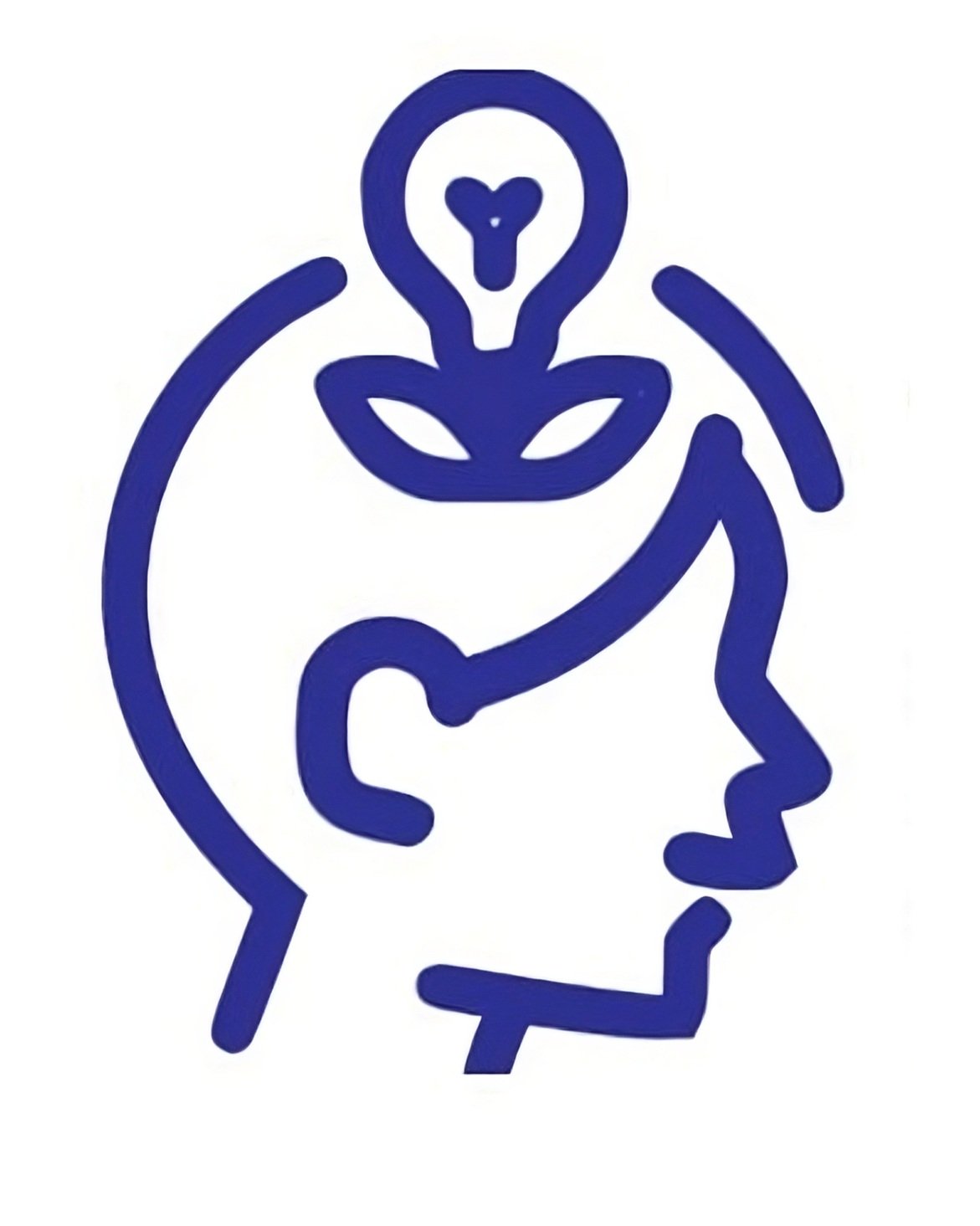College French Language Tutoring
Get Connected to a Great French Tutor Today
Although French is often touted as one of the most difficult languages to learn — whether that be due to its complex grammatical structures or the frequent strictness of professors — simply speaking with one of our expert tutors will be able to provide that extra learning that can only be accomplished through interacting with another person in the target language. However, beyond reinforcing speaking skills, our tutors can provide support in the other fundamental aspects of language learning, including writing and comprehension for both reading and listening. These skills can be applied not only to higher-level language classes and seminars on select topics, but also to study abroad opportunities in France and other francophone countries.
At the collegiate level, French is best learned through immersion in the language itself, which can often be accomplished by daily classes. However, the additional support from one of our expert tutors will allow for review and correction of mistakes that cannot as easily be noticed in a classroom setting.
Frequently Asked Questions
Why Tutoring By A College Professor?
At many colleges, French is a foreign language with a reputation for being difficult. In order to achieve mastery, practice is of the utmost importance. Through Tutoring By A College Professor, students are able to receive 1-on-1, individualized tutoring that will allow them to excel in any level of their language course. Please call 614-264-1110 today for a free consultation and sign up now.
How are tutoring sessions conducted?
Tutoring sessions are online on Zoom. You can tutor from the comfort of home or the bustle of a coffee shop. It’s up to you.
How long are most tutoring sessions?
Students typically tutor in 1 hour increments, but sessions can run as long as you need.
What if I need an emergency tutoring session for a test tomorrow?
Don’t hesitate to call us at 614-264-1110. We can have you connected with a tutor today to begin scheduling.
What french courses do you help with?
Please see below for a list of the intro French courses we’re familiar with, but we tutor all levels of French. If you do not see your student’s class listed below, we have likely still helped with the course previously and are still highly qualified to help-- our tutors are amazing experts in French. Please call 614-264-1110 for more information.
French I & II:
Miami Fl (University of Miami): FRE 101, FRE 102, FRE 105, FRE 201, FRE 202, FRE 203
OSU (Ohio State University): FRENCH 1101.01, FRENCH 1102.01, FRENCH 1103.01, FRENCH 1155.01
Michigan: FRENCH 100, FRENCH 101, FRENCH 102, FRENCH 103, FRENCH 113, FRENCH 230, FRENCH 231, FRENCH 232, FRENCH 235
Indiana: FRIT-F 100, FRIT-F 150, FRIT-F 152, FRIT-F 200, FRIT-F 250, FRIT-F 265
Vanderbilt: FREN1101, FREN1102, FREN1103, FREN2203, FREN2501W
Clemson: FR 1010, FR 1020, FR 2010, FR 2020, FR 3050, FR 3120
Alabama: FR 101, FR 102, FR 201, FR 211, FR 202, FR 212
NYU: FREN-UA 1, FREN-UA 2, FREN-UA 10, FREN-UA 11, FREN-UA 12, FREN-UA 20, FREN-UA 30
Northwestern: FRENCH 111-1, FRENCH 111-2, FRENCH 111-3, FRENCH 115-1, FRENCH 115-2, FRENCH 121-1, FRENCH 121-2, FRENCH 121-3, FRENCH 125-1, FRENCH 125-2, FRENCH 125-3
Emory: French 101, French 102, French 201, French 203
WashU: French 101D, French 102D, French 203D, French 204D
Yale: FREN 110, FREN 120, FREN 121, FREN 125, FREN 130, FREN 140, FREN 145
Testimonials
See what French students and their parents say about their experience with Tutoring By A College Professor. To search for testimonials by school, go to our Testimonials section at the top:
General French Course of Study
Elementary French (Levels 1~2)
General Course Format:
Your first year of learning French will likely consist of frequent classes, where the professor will immerse you in the language through reading, speaking, listening, and writing tasks. By the end of the class, you will probably learn how to conjugate basic verb tenses (the present, past, and future tenses of the indicatif), spelling and corresponding pronunciation conventions, and simple grammatical constructions.
Useful Resources:
Most elementary French courses will consist of an introduction to basic vocabulary, grammar, and pronunciation conventions. Most classes at this level will meet more than once a week, which helps get you familiar with the language quickly. However, to maximize your learning, it is important to review vocabulary lists and practice getting your pronunciation correct. Although this will feel like rote memorization at first, it will start to feel more and more natural as you interact with the language more. For these tasks in particular, it is often helpful to practice spaced repetition by making flashcards with platforms like Quizlet or Anki.
Another aspect of French learning that can be difficult for students is verb conjugation. You can reference Le Figaro’s Conjugaison webpage, which provides conjugations for all French verbs and tenses. Simply type in the infinitive form of the verb into the search bar, and you’ll be able to conjugate any French verb that you can think of!
Quick Note: As you’re just starting out, it might be tempting to use Google Translate every once and a while, whether that be because you’re short on time on an assignment or don’t feel like reading an assigned passage in French. Do NOT do this! Not only does this keep you from actually learning the language, but you will also not be able to use these kinds of resources on tests, whether written or oral. But, with that aside, there are plenty of other translation websites that are often more accurate and equally as accessible, including Linguee and WordReference. WordReference is even used by native speakers and provides both French to English and English to French translations. Linguee serves as a similar resource, while also deriving more colloquial definitions from original French texts, adding a layer of nuance to your translations.
Intermediate French (Levels 3~4)
General Course Format:
Intermediate French classes, which correspond to a student’s second year of learning, tend to focus on improving skills, as well as broadening students’ vocabulary and grammatical knowledge. This is an exciting time in your language learning journey, as by the end of your second year, you’ll be able to speak with a reasonable amount of ease — think study abroad — and will be able to read shorter novels like Le Petit Nicholas by René Goscinny and Jean-Jacques Sempé and L’Étranger by Albert Camus!
Outside of the Classroom:
The resources provided above for introductory French learners still apply for students at the intermediate level. However, there are additional challenges that come with later stages of learning the language. As you become more proficient in the language and learn more verb tenses, grammatical constructions, and high-level vocabulary, it is great to supplement your in-class learning with reading and listening to French media. FranceInfo is a French news site (with an app that you can download onto your mobile device) that will both help improve your French reading comprehension skills through articles and listening comprehension skills through televised segments and video clips. Le Parisien is also a good news site similar to the NYT, and Radio France Internationale (RFI) is a good source for media coverage in other francophone regions. However, if you want to engage with French outside of the news, there is plenty of French and Francophone media readily available: Dix pour cent [Call My Agent!], Lupin, and Le Bazar de la Charité [The Bonfire of Destiny], just to name a few titles. Netflix typically provides both English and French subtitles.










